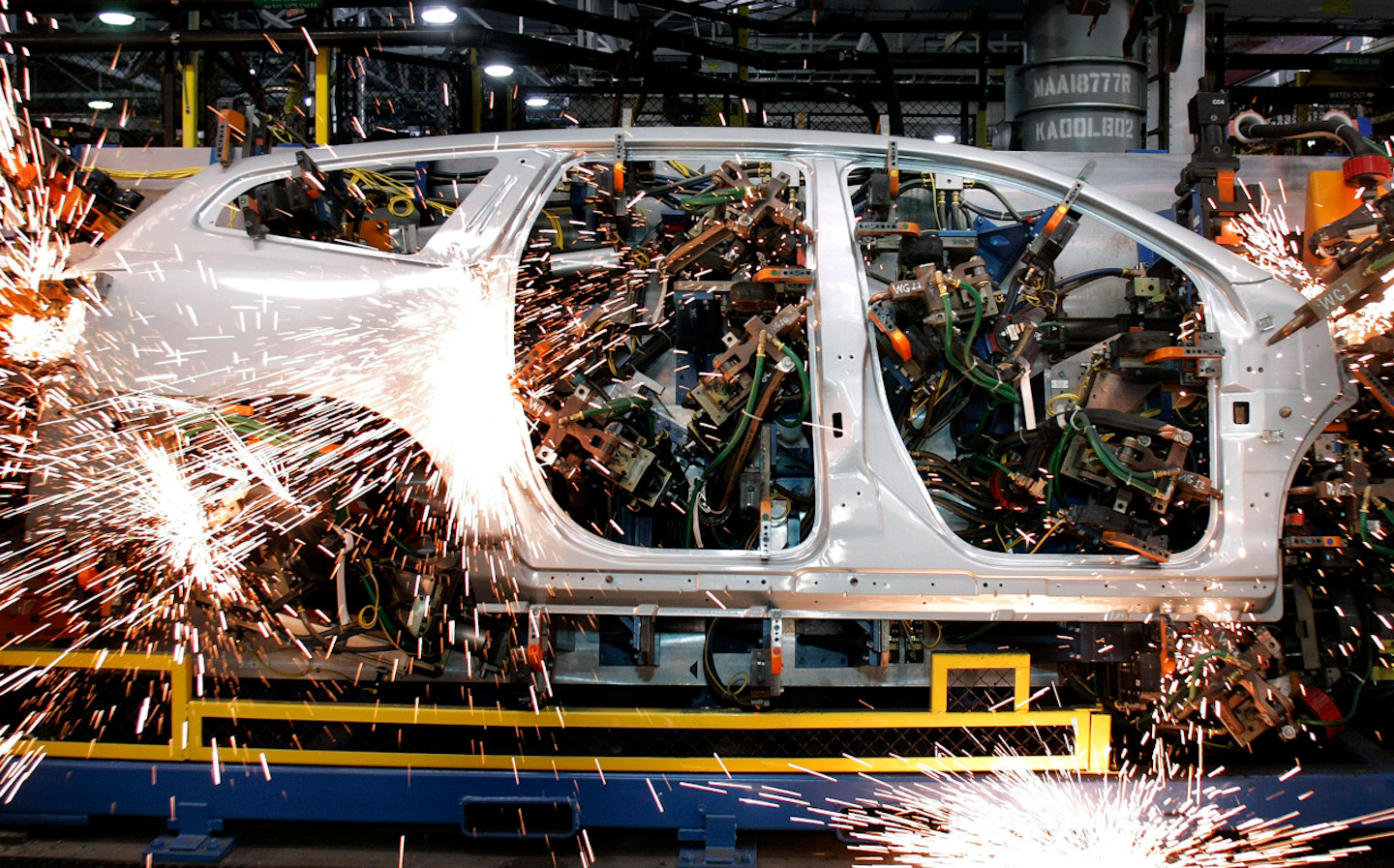SUVs are endangering climate goals, report says
New report calls for tobacco-style advertising ban
A STUDY has called for a tobacco-style advertising ban on SUVs, the UK’s most popular style of car, in order to ensure the country meets its aims to reach “net-zero” greenhouse gas emissions by 2050.
The report, by the New Weather Institute think tank and the climate action charity Possible, found that SUVs are jeopardising the UK’s climate change goals and drew parallels between the decades-long campaign to ban advertising of tobacco products and the environmental impact of the cars.
It said: “Tobacco causes damage to the consumers, and tobacco companies benefit from the way that they hook their most loyal customers, and while, for example, SUVs are marketed as providing protection for drivers, their physical size, weight and pollution levels create a more dangerous and toxic urban environment for both drivers and pedestrians.”
The report specifically called for an advertising ban on cars with average carbon dioxide emissions of 160g/km or over, or cars that are over 4.8 metres in length. This would represent the dirtiest third of cars sold in the UK.
Andrew Simms, co-director of the New Weather Institute, told The Guardian: “Now that we know the human health and climate damage done by car pollution, it’s time to stop adverts making the problem worse. In a pandemic-prone world, people need clean air and more space on town and city streets.”
He also said that advertising of the most environmentally harmful SUVs was, in effect, “upselling pollution”.
According to the International Energy Agency (IEA), the rise in popularity of internal combustion engine (ICE) SUVs both in the UK and around the world is the second-largest contributor to the rise in global emissions since 2010. This puts them above aviation and heavy industry.
They account for two of every five cars sold in the UK, while the market share of more environmentally friendly electric cars languishes at around 2%. The market share of SUVs in the US is even higher, sitting at 48%.
The IEA has previously warned that, if the sales of SUVs continue to grow at the same rate as they have during the last decade, they will account for an extra two million barrels of oil per day by 2040, cancelling out the positive environmental impact of 150 million electric cars. In 2019, it was estimated that there were 4.8 million electric cars on the roads globally.
The size and drag of SUVs mean that they are some of the most environmentally unfriendly cars on the road, consuming more fuel and producing more emissions. The IEA estimated that they eat through about a quarter more energy than medium-sized cars.
They are, however, some of the most profitable models for car companies, and therefore are often the most advertised. Ford, whose SUVs have the widest profit margins in its lineup, spends roughly 85% of its American advertising budget on SUVs and pickups, The Guardian noted.
Although the market share of pure-electric cars remains small, it is growing quickly, and electric SUVs represent a fair portion of the models available. Models currently available include the Jaguar I-Pace, the Tesla Model X and the Kia E-Niro, and models set for release in the future include the electric version of the BMW X3, the Nissan Ariya and an electric Range Rover.
A number of hybrids are also available, including the new Ford Kuga PHEV and the Honda CR-V, meaning that there are a number of options available for those who want the high stance and size of an SUV but are worried about their environmental impact. Mike Hawes, CEO of the Society of Motor Manufacturers and Traders (SMMT), pointed out that a quarter of the zero-emission models currently available in the UK are SUVs.
He said: “SUVs are an increasingly popular choice, available in a range of sizes, and valued for their style, practicality, higher ride and commanding view of the road. To single out a particular body type is to ignore the huge advances in emissions and powertrain technology made with every new model. Ongoing investment means today’s vehicles of all types are the cleanest in history, with average CO2 emissions from dual purpose cars more than 43% lower than 20 years ago. Their body type is also well suited for alternative fuel usage, making up more than a quarter of the 80 different zero emission-capable models available to UK buyers.”
Tweet to @KieranAhuja Follow @KieranAhuja





